Is the top side of your fabric where your bobbin thread is visible? Are your stitches simply not strong or even, and they seem wonky? It sounds like your bobbin is acting strangely or that the tension in your sewing machine is off! Let's discuss how to determine whether it is and how to adjust your sewing machine's bobbin tension. Read this post about threading nearly any type of sewing machine if you need to thread your machine and fill your bobbin but are unsure how to do it.
Other Topics You Might Like
Helpful Products You Might Like
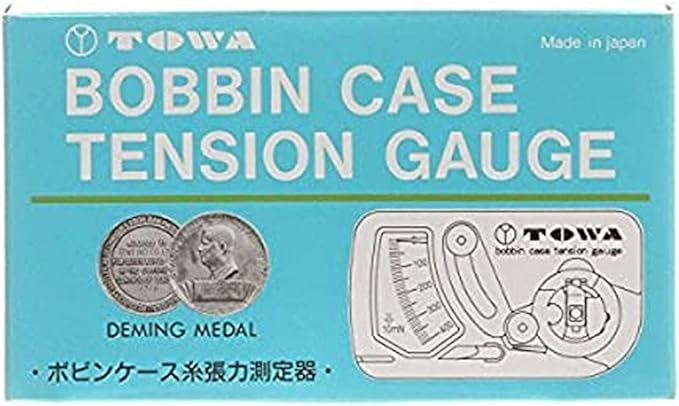
Superior Threads Bobbin M Style Tension Gauge
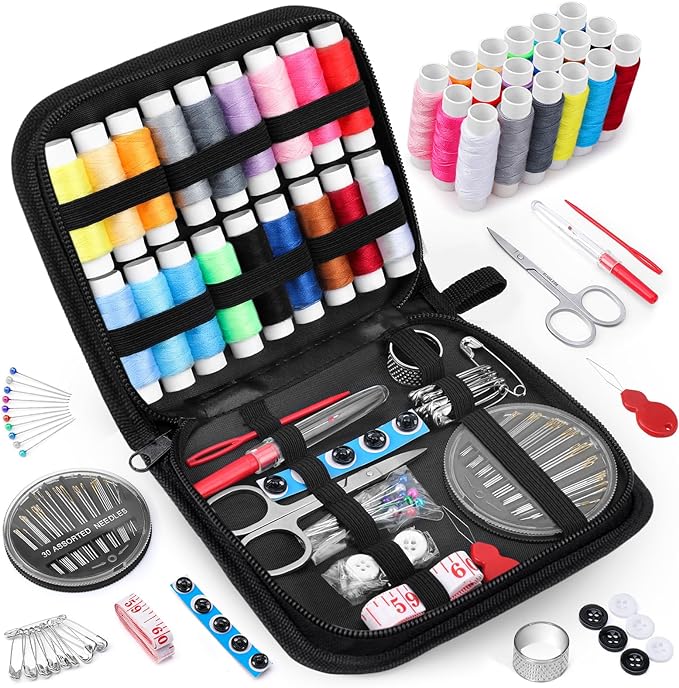
Coquimbo Sewing Supplies Accessories Kit
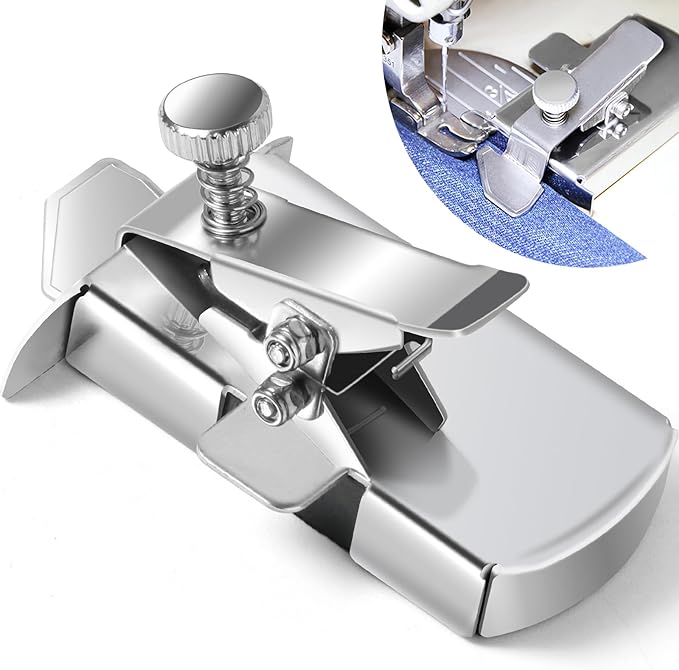
TOOVREN Upgraded Magnetic Seam Guide for Sewing Machine
"(Paid Links)" 
Understanding Sewing Machine Tension
The balance between the upper and bobbin threads is referred to as sewing machine tension. The seamless interlocking of the threads within the fabric is guaranteed by the right tension. Both the bobbin and the upper thread tension can be changed on the majority of sewing machines.
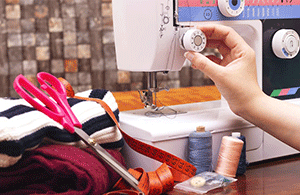
Identifying Tension Problems
Determine the precise issue with your stitches before modifying the tension:
Materials Needed
Step-by-Step Guide
For further directions on modifying tension settings, check the manual that came with your sewing machine. The recommendations and mechanisms of various machines vary.
Examine the stitches

To test stitches, use a scrap piece of fabric. To see the tension setting at the moment, sew a few lines of straight stitches.
Modify the upper thread tension
Find your sewing machine's tension dial. Usually, it's on the machine's top or front.
Increase Tension
To tighten the upper thread tension, turn the dial to a higher number.
Reduce Tension
To reduce the top thread tension, turn the dial to a lower number.
After every modification, test the stitches and make little tweaks until the tension is adjusted.
Adjust Bobbin Tension (if needed)
Changing the upper thread tension can usually fix tension problems. But you can change the bobbin tension if you need to.
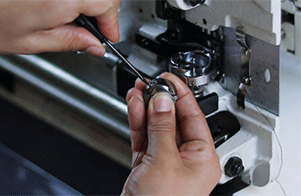
Take off the machine's bobbin case
Find the tiny screw on the bobbin case's side.
Increase Tension
To increase the bobbin tension, turn the screw in a clockwise direction.
Reduce Tension
To reduce the bobbin tension, turn the screw anticlockwise.
After every alteration, test the stitches and make minor adjustments.
Check and Re-Thread
Consult the handbook to verify that the machine is threaded appropriately. Improper threading can impact stitch quality and tension.
To fix any threading problems, rethread the bobbin and the upper thread.
Compatibility of Needle and Thread
Make sure you use the right needle and thread for your cloth. Mismatched needle and thread diameters might cause tension issues.
Examine the needle for wear or damage, and replace it as needed.
Wash the machine
Clean your sewing machine regularly to remove dust and lint, improving tension and stitch quality. Follow the cleaning guidelines provided by the manufacturer.
